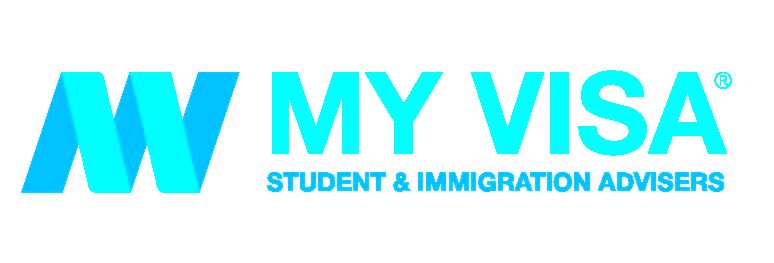Recognition of prior learning (RPL) is a system of formally recognising skills and knowledge you have acquired from informal learning. This can help you complete a course or qualification more quickly.
Can I apply for recognition of prior learning?
If you have a lot of work or life experience in a particular industry or field, and you are thinking of enrolling in a course, RPL is worth considering.
Recognition of prior learning (RPL) involves getting recognition for skill and knowledge you’ve pick up from:
- life experiences
- work experiences
- training courses or workshops.
Check details with your tertiary provider
To be eligible to apply for RPL, some tertiary training providers need you to be enrolled or provisionally enrolled in the qualification, and pay the enrolment fees.
- Most course providers have an RPL policy. If it’s not on their website, talk to their course adviser or faculty administrator about how to apply.
- Some polytechnics have a campus centre with staff who specialise in helping with RPL. Make an appointment to see them or talk to them over the phone.
- You usually need to apply for RPL before the course starts, or within a few weeks of the start date.
- There may be an application fee.
What are the benefits of applying for recognition of prior learning?
The benefits of RPL are that you:
- have your informal learning recognised
- avoid studying topics you already know about
- complete the course faster
- pay less for the course.
How is recognition of prior learning assessed?
Prior learning is assessed in several ways, and which method is used will depend on the type of course you are taking.
The course provider will get in touch with you to discuss the type of assessment you will need to do, and arrange a date and time for your assessment.
The assessment is made by a subject matter expert in your chosen field of study.
The most common assessment methods are:
Portfolio
- A portfolio involves compiling a file of evidence that relates to the learning outcome or unit standard you want credit for.
- Some examples of evidence could be a report, a set of accounts, a product you have made, a drawing or an essay.
Attestation
- Attestation is when someone who is knowledgeable and respected in your area of knowledge gives their word (either written or verbal) that you have the required learning in this area.
- This person could be someone chosen by you, such as a client or employer. This is often used for demonstrating competency in te reo Māori.
Structured interview
- This method involves you verbally explaining what you have done before an interview panel. You can usually have support people like whānau present as well.
Challenge assessment
- This could be a practical demonstration, a written or oral test, or an assignment. A challenge assessment can be used when evidence from the other sources needs confirmation.
What else you need to know about the assessment
To be awarded RPL, the learning must be current and relevant. For example, some tertiary providers will only look at learning gained in the past five years. Relevance can be important too, especially in relation to cultural, legal, social or professional practices. In this case, it may be important that you have worked or studied in a New Zealand context.
Each tertiary provider has a maximum amount of the qualification it can reward for RPL.
source: https://www.careers.govt.nz/courses/tertiary-study-options/recognition-of-prior-learning/
